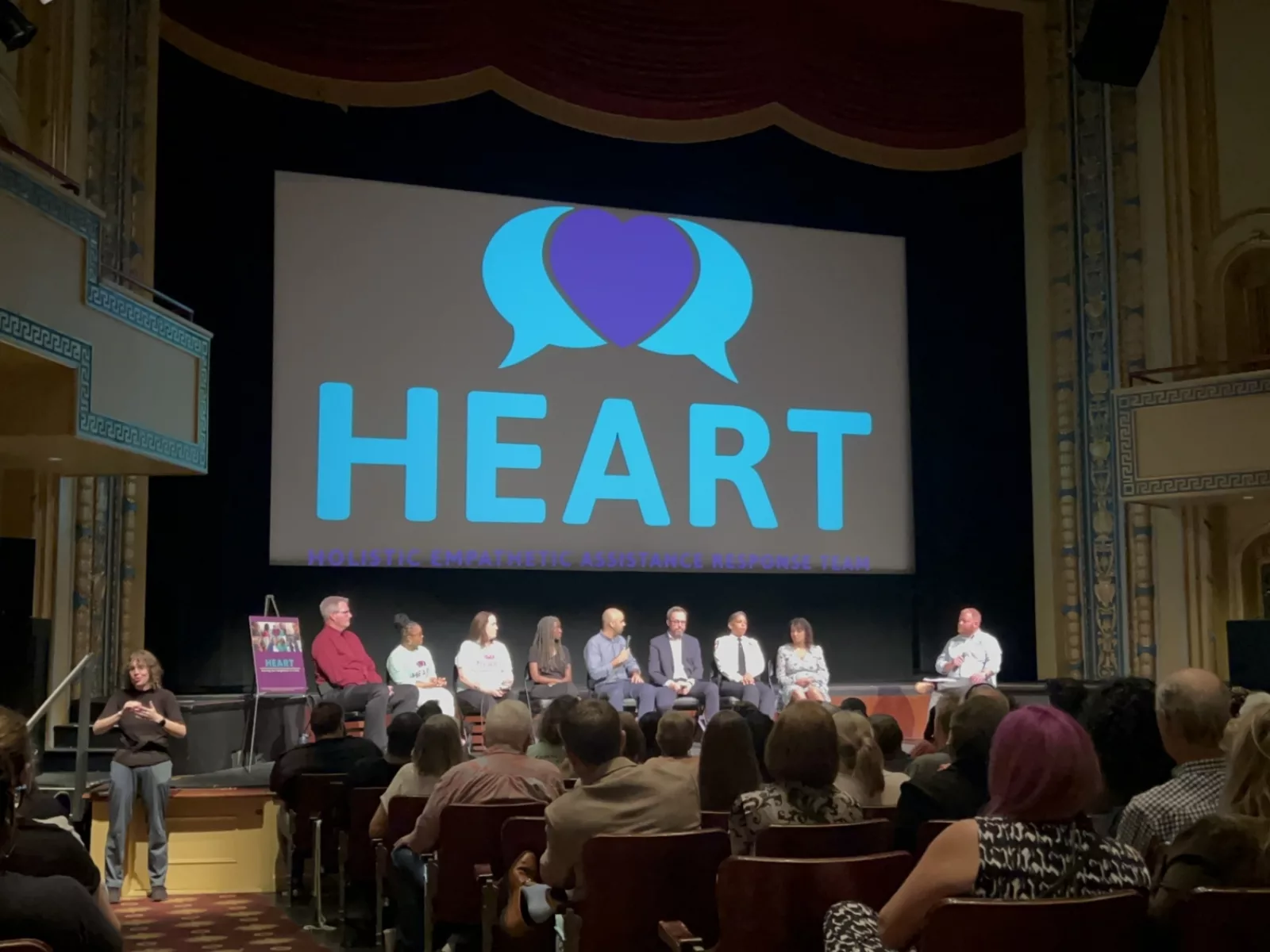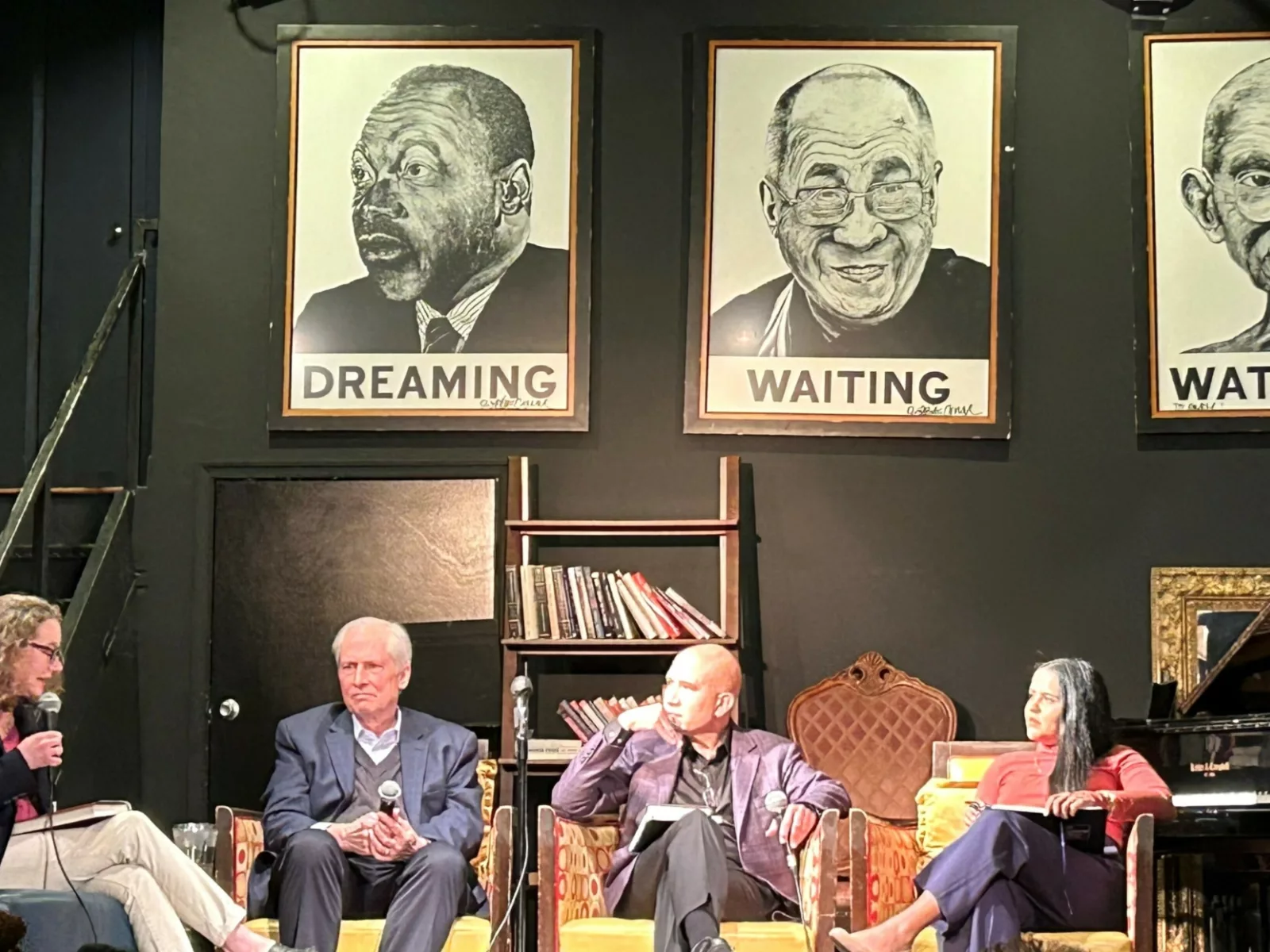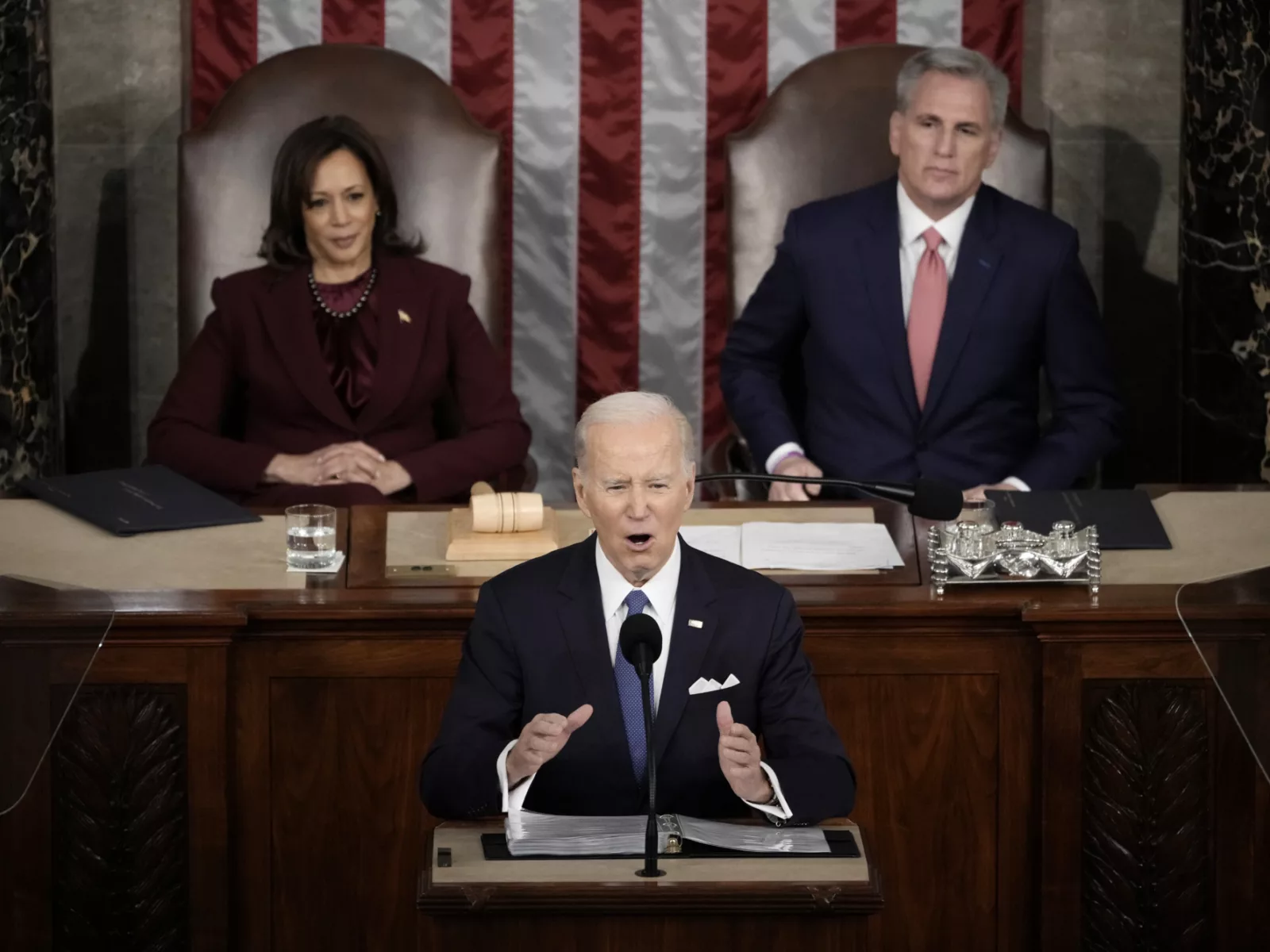The spark began in Ferguson.
In 2014, 18-year-old Michael Brown, a Black man, was killed by a white police officer just days before he was supposed to start college. Protesters took to the streets of Ferguson, Missouri, and soon the movement spread across the country. The reality of a broken policing system began to come into focus — it is a system that leads to unnecessary loss of life, the violation of civil liberties, mass incarceration, and perpetuation of racism. Riding this political momentum, elected officials and local, state and federal levels worked to implement a range of reforms intended to reduce police misconduct, increase accountability, and improve relations between police and the communities they’re sworn to protect.
These steps were supposed to fundamentally change policing. They didn’t.
Looking back six years later, it has become clear that many of these initiatives failed to accomplish their stated goals. Political promises went unfulfilled and reforms were pursued without evidence that they work. Meanwhile, national perspectives on policing have grown even more polarized along partisan lines.
“American policing is at a crossroads,” said Walter Katz, Arnold Ventures’ Vice President of Criminal Justice. “Departments nationwide are failing at their fundamental task of being a democratically accountable, professionalized, public service that upholds the constitutional and human rights of all persons. Too many law enforcement agencies think of themselves as a crime-fighting force and rely on punitive enforcement, particularly against Black, Brown, and Indigenous people, in a way that undermines trust and public safety.”
Earlier this year, following the police killings of George Floyd and Breonna Taylor, national consensus began to develop around the need for robust policing reform and evolved into a clear sense that holding officers accountable for their actions is crucial. The question, though, is what are the right reforms to drive fundamental change?
American policing is at a crossroads. Departments nationwide are failing at their fundamental task of being a democratically accountable, professionalized, public service that upholds the constitutional and human rights of all persons.Walter Katz Arnold Ventures' Vice President of Criminal Justice
The challenges to accountable policing lie within policies and practices at the municipal and department levels and legislation at the state level. Policies vary from one department to another, and police union contracts often erect significant hurdles to holding officers accountable that are not visible to the public. State laws have a significant impact on local conditions, including but not limited to collective bargaining processes that allow for bargaining of discipline provisions, restrictions on management’s ability to investigate misconduct, and Law Enforcement Officer Bill of Rights (LEOBOR) that act to inhibit accountability and reform efforts.
A lack of mandatory transparency means that departmental patterns and misconduct outcomes remain concealed from policymakers and the public. The overarching goal of any successful policing reform movement must be to remove the barriers to holding officers responsible for their misconduct and implement transparency across the board to ensure accountability within law enforcement that lasts beyond the current political moment.
The spark has to be built into an ever-burning flame for justice.
Texas A&M Roundtables
Removing barriers to accountability in policing will be a systems-level challenge. This means the first steps have to involve studying core issues, collecting data, and building the body of evidence necessary to craft effective policy. The current state of knowledge has to be assembled and analyzed. Gaps in research have to be identified. Priorities have to be set for filling those gaps.
The task is tough, but it’s familiar work at Arnold Ventures, which is dedicated to correcting systemic failures by focusing on evidence-based solutions.
“Addressing big, multifaceted problems like this is our bread-and-butter at Arnold Ventures,” said Katz. “We need to be bold in how we think about policing reform in the United States, and willing to take on structures that stand in the way. But that kind of change needs evidence-based policy if it is going to be effective.”
Arnold Ventures has started to take the first steps down that path. Under the leadership of Jennifer Doleac, Associate Professor of Economics and Director for the Justice Tech Lab at Texas A&M University, Arnold Ventures has convened virtual gatherings of practitioners, law enforcement experts, legislative policy professionals, and researchers. The first roundtable was held in October 2020 with the goal of understanding the current base of research evidence. Participants heard from academics on what we know and don’t know as it relates to key avenues to building accountability, including the consequences that officers face (or don’t) for misconduct, the incentives that shape police behavior, and the institutions that protect officers.
“The goal of the October roundtable was to understand the current state of research evidence related to police accountability,” Doleac said. “What do we currently know that could inform reform in this area? The punchline was that we don’t know nearly as much as we need to know.”
At a follow-up roundtable in December 2020, participants gathered to discuss policy recommendations based on the previous research, outstanding policy questions and opportunities for future research. Joanna Schwartz, a professor at the UCLA School of Law, discussed how the costs of police misconduct litigation should be allocated. Civil rights lawsuits against police cost local governments more than $300 million in 2019 — though researchers don’t know exactly how much is recovered due to the confidential nature of many settlements. Pinpointing how these payments impact police officers and department behavior can help show lawmakers and judges effective ways to hold police accountable for their actions.
Michael Makowsky, associate professor of Economics at Clemson University, presented his research on the consequences and solutions for revenue-motivated law enforcement. Researchers already have wide-ranging evidence that revenue incentives motivate everyday law enforcement — including fines or fees and property seizures. A key problem with fines and fees is that they often pit law enforcement and communities against each other. Police rely on the revenue, and people are stuck with a financial burden. Some states have tried to rebalance this system by mandating equitable sharing of criminal seizure proceeds where no conviction is obtained. “Day fines” — pegging fines and fees to people’s ability to pay — also serve as a way for law enforcement to reduce unnecessary financial burdens on communities.
Jamein Cunningham, assistant professor of economics at the University of Memphis, presented his paper looking at the history of collective bargaining rights for law enforcement officers. His work was co-authored by Donna Feir and Rob Gillezeau, assistant professors of economics at the University of Victoria in British Columbia. Cunningham provided an overview of literature on the impact that collective bargaining agreements and state provisions adopted in the Law Enforcement Officers Bill of Rights had on police misconduct. Additionally, he highlighted the historical background on police protections and oversight and recommended future research inquiries concerning protective provisions in Law Enforcement Officers’ Bills of Rights.
Role of Police Unions
The modern police union can be traced back to the 1960s, when other public sector workers gained similar rights. Amid civil rights protests, rising crime rates, and calls for civilian review boards, robust union protections became a selling point for departments trying to recruit new cadets. Today, however, accountability provisions in collective bargaining agreements and Law Enforcement Bill of Rights, such as waiting times for investigations, have constricted the ability of holding officers responsible for misconduct. More than 1,000 people are killed by police each year in the United States, and Black men are two-and-a-half times more likely to be killed by police than the average American.
Finally, Dylan Fitzpatrick, a Research Director at the University of Chicago Crime Lab, and Aaron Chalfin, Assistant Professor of Criminology at the University of Pennsylvania, concluded the fourth paper presentation by showcasing their research on reforming police personnel decisions at the state level. Their work was co-authored by Jens Ludwig, Director of the University of Chicago Crime Lab. Their findings specifically addressed the ability to predict police misconduct based on citizen complaints and other adverse events.
The conversation even delved into the philosophical when the conversation prompted a question about what, exactly, makes for a good police officer. Are high clearance rates for violent crime and low misconduct complaints enough, or is there something more? If incentives only look at bad conduct, then cops don’t have much of a reason to get out of their cars. Meanwhile, individual officer behaviors exist under a larger network of police services — which prompts a larger question of what good police service looks like.
Overall, the group issued a call for more academic studies into the predictors of misconduct, suggesting that “what to do with high-risk officers” may not be solvable with de-escalation training alone.
And although participants were divided on how to interpret the divest-invest debate that has occupied center stage in 2020, there was agreement that police officers should not just become warriors incapable of any conflict resolution or social work engagement on the streets.
Next steps
These roundtables have helped to lay a foundation of knowledge necessary to effect serious, long-lasting change in U.S. policing. These kinds of gatherings are rare and the information shared — and conclusions reached — are critical to understanding the challenges facing policing reform efforts.
With new information and insights in hand, Arnold Ventures will be working to publicize the papers discussed at the roundtables, solicit more feedback from the field and from the public, and then working with policymakers to put new ideas to the test.
“Our goal should be to try new approaches, evaluate their effects, discard what doesn’t work, and scale what does,” Doleac said. “Progress is possible but it won’t happen overnight.”





















